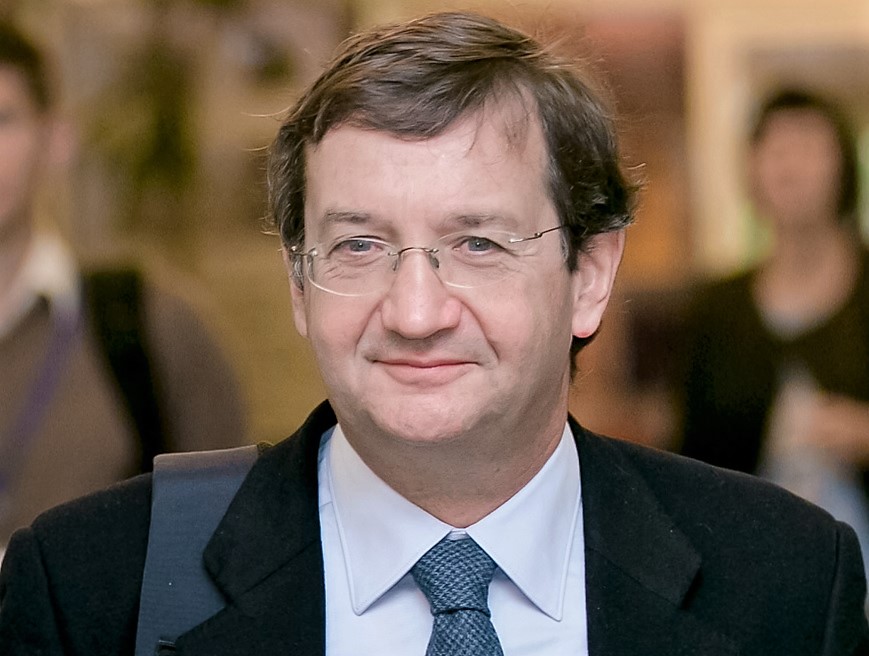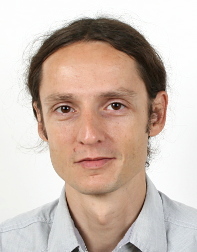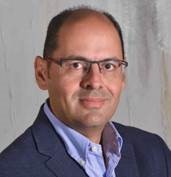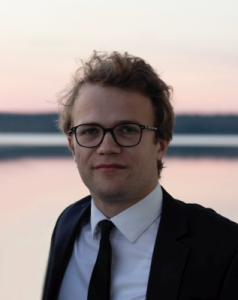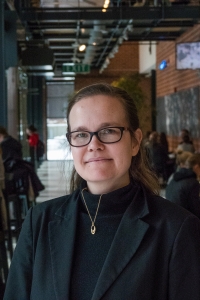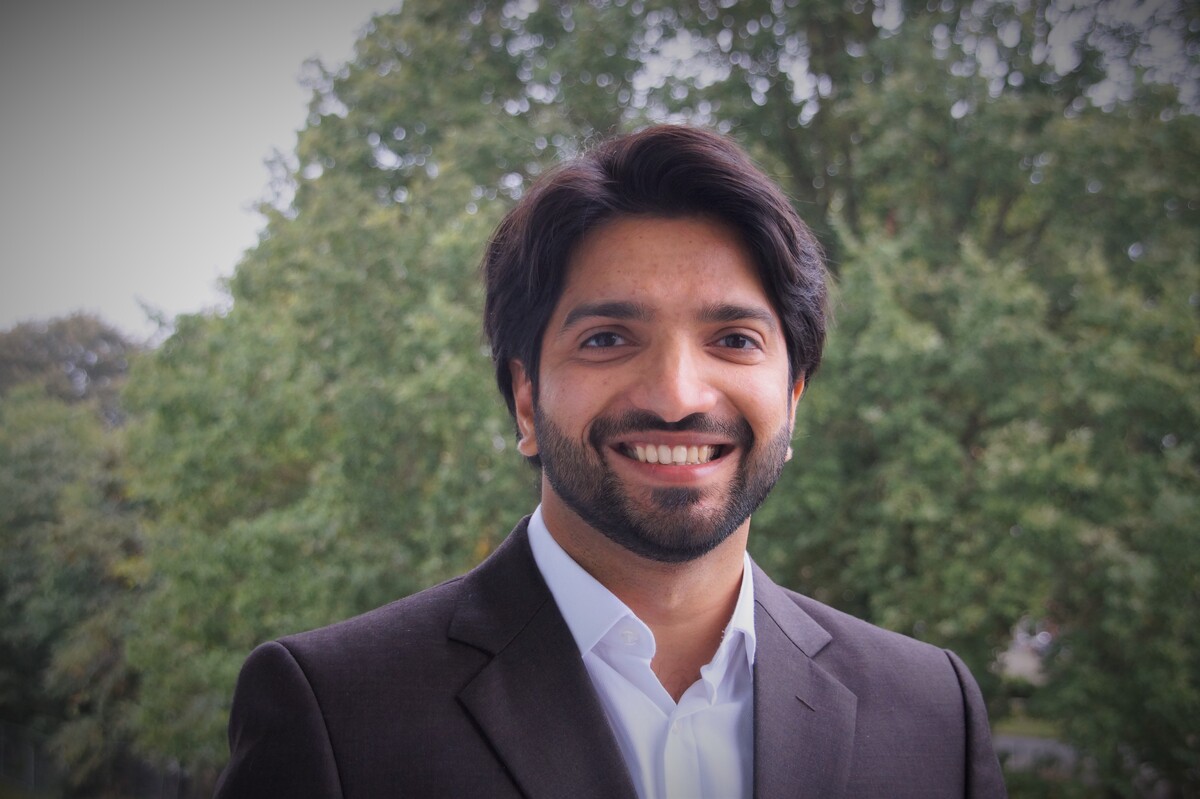MODEGAT VII - 2022 - Downloads
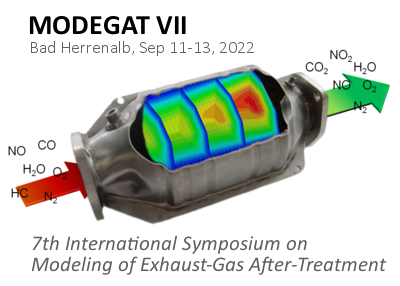
General Information MODEGAT VII
The 7th International Symposium on Modeling of Exhaust-Gas After-Treatment - MODEGAT VII - took place September 11-13, 2022 in Bad Herrenalb/Karlsruhe (Germany). Special focus topics were (among other related subjects): SCR of NOx, Three-Way Catalysts, Gasoline Particle Filters, Digitalization: Machine Learning and Control systems, Novel Power Trains: Hybrid vehicles, Fuel cells, Hydrogen fueled engines, and Emission control of non-mobile systems: Chemical, Steel and other industries.
Special Issue Emission Control Science and Technology
Invited papers of MODEGAT VII will be published in the MODEGAT 2022 special issue of the Springer journal Emission Control Science and Technology. More info about the submission procedure was given during the conference and later mailed to interested authors.
Conference Downloads
The following files are password-protected.
The login-detaills are provided to participants only during MODEGAT VII. If you experience any trouble with the login, please contact the organizers.
If authors have not explicitly stated that their material may be published online on this website, we have not included their presentation here.
|
Please note: We need explicit consent from the authors for publishing their presentations. Any author who wishes for their material to be made available for download, please contact the organizers. |
Book of Abstracts 2022
A printed version of the Book of Abstracts will be handed out during the symposium.
Oral presentations
|
Plenary: The NH3-SCR redox cycle over Cu-CHA catalysts: Insights from transient kinetic analysis E. Tronconi, I. Nova - Politecnico di Milano, Milano, Italy |
|
Effect of SOx and framework Al density on N2O formation over Cu-CHA during NH3 selective catalytic reduction J. Han, H. Härelind, M. Skoglundh, D. Creaser, L. Olsson* |
|
Low temperature sulfur poisoning of Cu-CHA during NH3-SCR studied by DFT calculations J. Bjerregaard*, M. Votsmeier, H. Grönbeck |
|
A. F. Suarez-Corredor*, M. U. Bäbler, L. Olsson, M. Skoglundh, B. Westerberg |
|
Coupling of liquid and surface chemistry in urea SCR systems C. Kuntz, P.J. Jägerfeld, J. Mmbaga, R.E. Hayes, O. Deutschmann* |
|
Model based optimization of SCR catalyst systems with a twin-dosing ammonia strategy S. Chen*, S. Hartl*, M. Bendrich*, B. Betz, A. Scheuer, M. Votsmeier |
|
Keynote: Vehicle Application of an AI-based Catalyst Model with Online Adaptation J. Werfel*, M. Kalogirou, J. Schäffner |
|
Plenary: Adding an electron to the equation: From catalyst- to battery modelling G. Koltsakis - Aristotle University, Thessaloniki, Greece |
|
Keynote: Integrated Multiscale Modeling of Solid Oxide Electrodes, Cells, Stacks, and Systems L. Wehrle, C. A. Pino-Muñoz, Y. Wang, P. Boldrin, N. P. Brandon, O. Deutschmann, A. Banerjee* |
|
Emission Reduction in Steel Industry: Dry Reforming of Coke Oven Gas and Blast Furnace Gas S. D. Angeli, S. Gossler, S. Lichtenberg, G. Kass, A. K. Agrawal, M. Valerius, K. P. Kinzel, O. Deutschmann* |
|
Plenary: Modeling of three-way catalysts and particulate filters Petr Kocí, University of Chemistry and Technology, Prague, Czech Republic |
|
On pore scale simulation of reactive flows in catalytic filters O.Iliev, P.Toktaliev*, M.Votsmeier, R.Greiner |
|
T. C. Watling* |
|
Direct Permeability Estimation in Particulate Filters C. Samuels *, S. Aleksandrova, T.C. Watling, H. Medina, S. Benjamin |
|
Pore-scale modelling of soot deposits and their impact on catalytic filter performance M. Plachá, P. Kocí*, M. Isoz, M. Jones, D. Eastwood, A. York |
|
Keynote: Kinetic modeling of CO influence on passive NOx adsorption D. Yao, J. Wurzenberger, T. Glatz, D. Creaser, L. Olsson* |
|
Adsorbers (PNAs): a novel transient kinetic analysis U. Iacobone, I. Nova, E. Tronconi, R. Villamaina, M. P. Ruggeri, D. Bounechada*, L. Mantarosie, J. Collier, D. Thompsett |
|
Robust parameter estimation methodology for heterogeneous catalytic reactors M. Walander, J. Sjöblom*, D. Creaser, J. Edvardsson, N. Löfgren, S. Tamm |
|
S. Das, V. Marchuk, S. Sharma, D. Doronkin, D. Ferreira Sanchez, J.-D. Grunwaldt, T. L. Sheppard* |
|
Virtual Test Bed – What does this mean for Aftertreatment Modeling? T. Glatz>, S. Kutschi, J. Wurzenberger* |
|
Modelling challenges for post EU VI heavy-duty engines D. Karamitros, J. H. Cho, S. M. Choi, G. Koltsakis* |
MODEGAT VII - Conference Program
Book of Abstracts(password-protected; available for participants only) |
Introductory Plenary Lectures*:
- The NH3-SCR redox cycle over Cu-CHA catalysts: Insights from transient kinetic analysis
(Enrico Tronconi and Isabella Nova, Politecnico di Milano) - Modeling of three-way catalysts and particulate filters
(Petr Koci, UCTP Prague) - Adding an electron to the equation: From catalyst- to battery modelling
(Grigorios Koltsakis, Aristotle University Thessaloniki)
Keynote Lectures*:
- Vehicle Application of an AI-based Catalyst Model with Online Adaptation
(Johannes Werfel, IAV GmbH Berlin) - Kinetic modeling of CO influence on passive NOx adsorption
(Louise Olsson, Chalmers University of Technology Gothenburg) - Integrated Multiscale Modeling of Solid Oxide Electrodes, Cells, Stacks, and Systems
(Aayan Banerjee, University of Twente)
* more info below
A printed "Book of Abstracts" will be handed out to all participants; it includes a program overview.
Enrico Tronconi and Isabella Nova
Enrico Tronconi is a Professor of Chemical Engineering at the Department of Energy of Politecnico di Milano, Italy, where he leads the Laboratory of Catalysis and Catalytic Processes. He is the author of more than 300 refereed publications and has given over 100 invited talks. His research interests concern the applications of Catalytic Reaction Engineering to environmental protection and to energy conversion. Enrico has investigated DeNOx aftertreatment technologies for the automotive sector during the last twenty years, in collaboration with leading Companies including e.g. Mercedes Benz. He is also active in the study of novel structured catalysts and reactors for process intensification: for his work on the distributed production of hydrogen and of clean synthetic fuels Enrico has been awarded both an Advanced Grant and a Proof of Concept Grant by the European Research Council: www.intent.polimi.it. He has organized the 26th edition of the International Symposium on Chemical Reaction Engineering in Florence, Italy (2018), and is Topical Editor for Chemical Reaction Engineering of Chemical Engineering Research and Design, the official journal of the European Federation of Chemical Engineering.
[Info on I. Nova will follow a.s.a.p.]
Plenary talk title: The NH3-SCR redox cycle over Cu-CHA catalysts: Insights from transient kinetic analysis
Petr Kočí
Associate professor at University of Chemistry and Technology, Prague (UCTP), Department of Chemical Engineering. His research interests include multi-scale mathematical modeling of transport, reactions and transformations in porous catalysts and filters with applications in automotive exhaust gas conversion. Petr Kočí obtained his Ph.D degree in Chemical Engineering at UCTP in 2005. He has published more than 60 papers in impacted scientific journals and worked on research projects with several academic and industrial partners, including Oak Ridge National Laboratory, Daimler, Johnson Matthey, Ecocat, Umicore and Corning.
Plenary talk title: Modeling of three-way catalysts and particulate filters
Grigorios Koltsakis
Dr. Grigorios Koltsakis received his Diploma and Ph.D from the Department of Mechanical Engineering of Aristotle University of Thessaloniki. He is currently a Professor at the Laboratory of Applied Thermodynamics of Aristotle University, specializing in Internal Combustion Engines and exhaust after-treatment technology. He has authored more than 100 papers in scientific Journals and international conferences and holds 2 patents. Dr Koltsakis has received the Arch T. Colwell Merit Award as well as two Oral presentation awards from SAE International. He has also received the first Innovation prize from the Research Committee of Aristotle University. Dr Koltsakis leads a research group active in the simulation and evaluation of after-treatment technologies in close collaboration with the international automotive industry. He is a co-founder and scientific director of Exothermia SA, a University spin-off company developing emission control system simulation software.
Plenary talk title: Adding an electron to the equation: From catalyst- to battery modelling
Johannes Werfel
Dr. Johannes Werfel is a scientific engineer at IAV in Berlin in the department Battery & Materials Science Lab, which evolved from the Exhaust Aftertreatment Components department and works on a wide spectrum of projects regarding the characterization and simulation exhaust after-treatment, battery and fuel cell components for the automotive industry. After receiving his Master of Science in mechanical engineering, he worked on real-time capable catalyst modelling including physicochemical, machine learning and hybrid approaches during his doctoral studies at TU Berlin and IAV. In recent years, he also increasingly focused on the multiphysical, electrochemical modelling of battery cells, where much of the experience and knowledge from previous topics can be applied.
Keynote title: Vehicle Application of an AI-based Catalyst Model with Online Adaptation
Louise Olsson
Louise Olsson is a Professor in Chemical Reaction Engineering at Chalmers University of Technology in Sweden, where she also leads the Chemical Engineering division. She is part of the steering committee for the Competence Centre for catalysis (KCK). In Louise’s research group they work with catalysis for emission cleaning, biofuel production, renewable chemical production and electro chemicals. She has authored more than 150 publications and has a large collaboration with many academic and industrial partners. She has received awards such as Frisinger scholarship from the the Volvo Research and Educational Foundations (VREF) for her reserach relating to catalysis for emission cleaning; "Distinguished young researcher” award from the Swedish Research Council; and Berzelius price.
Keynote title: Kinetic modeling of CO influence on passive NOx adsorption
Aayan Banerjee
Dr. Aayan Banerjee is assistant professor of Computational Chemical Engineering in the Faculty of Science and Technology at the University of Twente. He was trained as a mechanical engineer at the University of Minnesota (2014) before receiving his PhD (summa cum laude) in chemical engineering from the Karlsruhe Institute of Technology in 2018 for his work on solid oxide cell modelling. After his PhD, he moved to Imperial College London for his post-doc where he worked on Li-ion and redox-flow batteries in addition to solid oxide cells before joining the University of Twente faculty in 2020. His research aims to develop a multi-scale understanding to reliably design and control next generation (electro)chemical technologies via the use of high-fidelity holistic modelling. His group employs a hierarchical approach that combines micro-kinetic reaction modelling, structural evolution modelling, continuum transport modelling and machine learning. He has 20 peer-reviewed journal publications that have been cited over 500 times and his h-index is 10.

